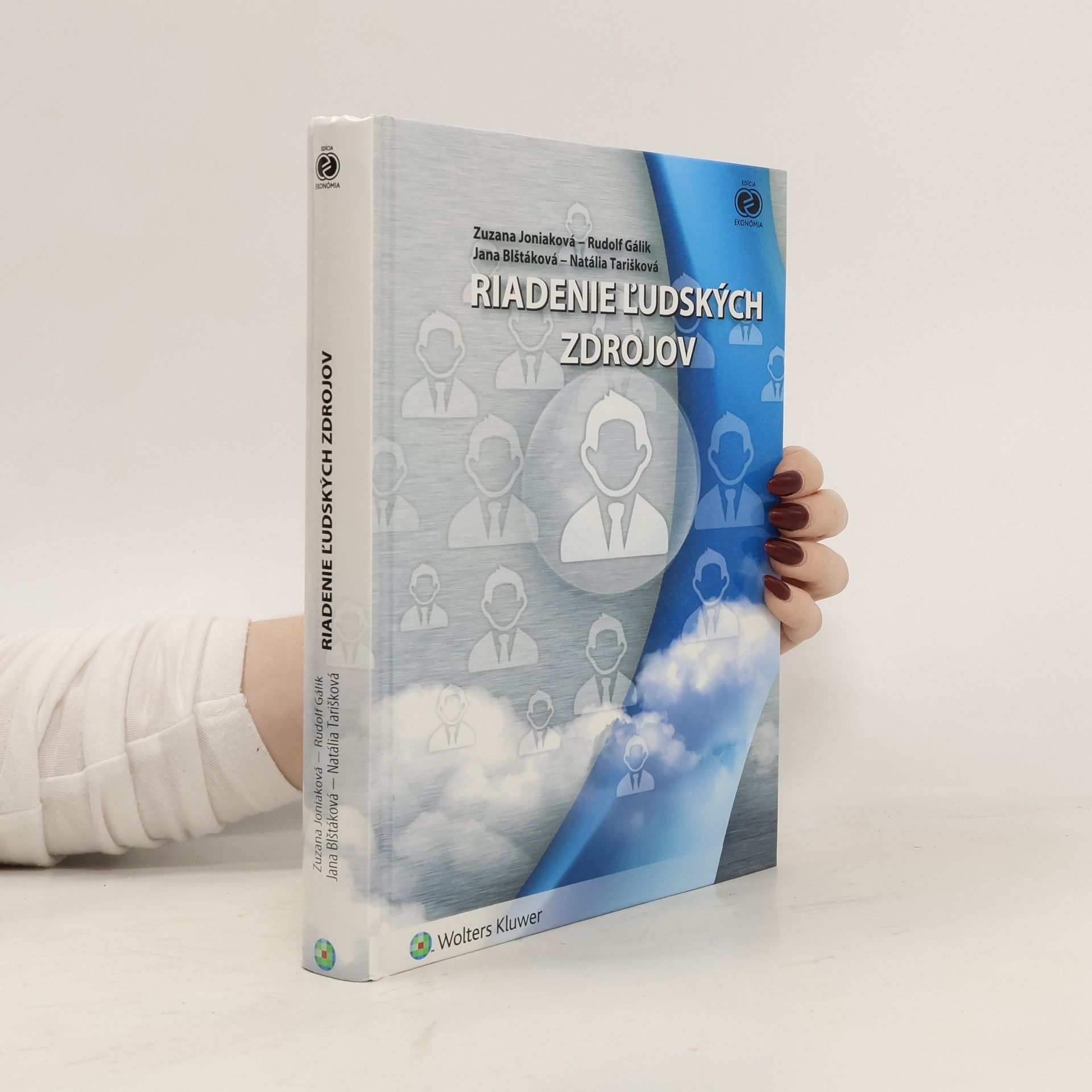Publikácia je štruktúrovaná do trinástich kapitol, ktoré sa venujú príslušným funkciám riadenia ľudských zdrojov a sú doplnené o časti zaoberajúce sa najnovšími trendmi a aktuálnymi problémami v danej oblasti. Obsahuje komplexný pohľad na problematiku riadenia ľudí v podmienkach súčasných organizácií s dôrazom na podnikovú sféru. Vychádza z aktuálnych teoretických poznatkov, no opiera sa tiež o skúsenosti a výsledky mnohých, autormi realizovaných výskumných projektov. Učebnica vysvetľuje základné témy z oblasti riadenia ľudských zdrojov s aplikáciou systémového prístupu, teda komplexne opisuje obsah systému riadenia ľudských zdrojov, jeho jednotlivé prvky a väzby medzi nimi. Jednotlivé kapitoly sú na viacerých miestach tiež obohatené o príklady z podnikovej praxe. V závere každej kapitoly nájdete podnety na diskusiu vo forme otázok, praktických zadaní a prípadových štúdií. Z praktického hľadiska je prínosom nielen pre študentov, ale je aj hodnotným zdrojom štruktúrovaných teoretických východísk a príkladov z hospodárskej praxe pre manažérov pôsobiacich v podnikoch.
Jana Blštáková Boeken
